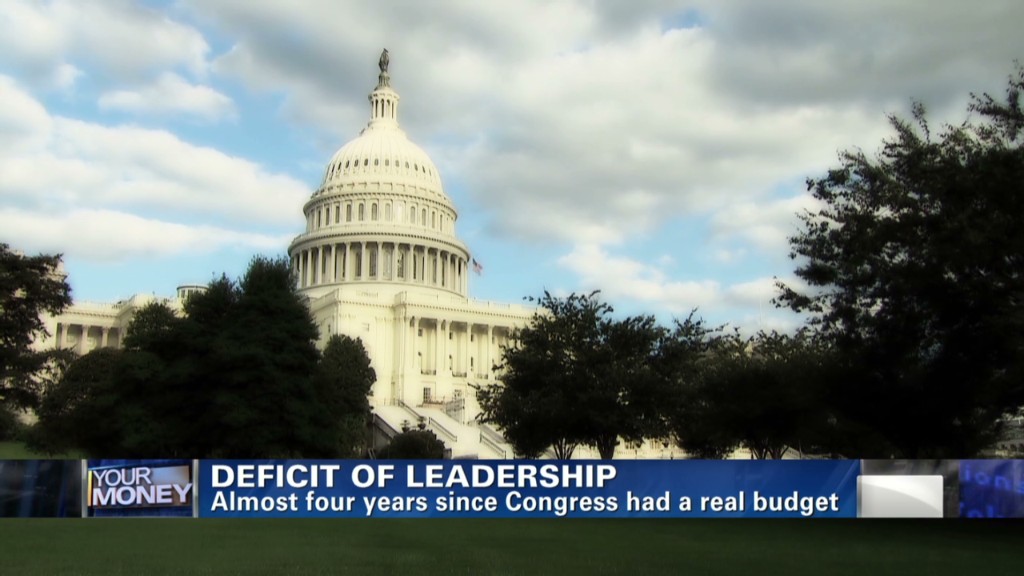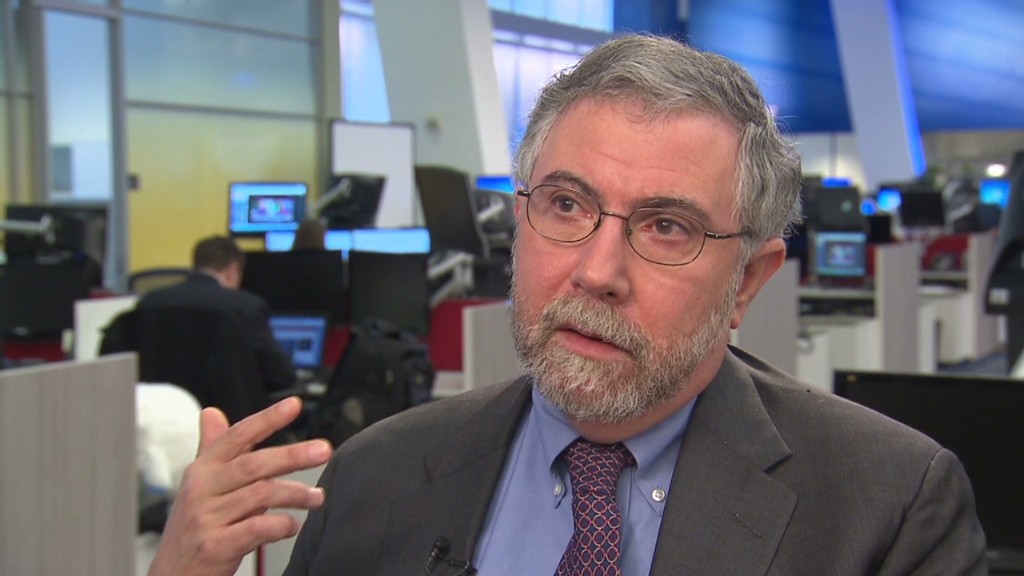
Like suspense, confusion and midnight deals? Draw a big red circle around March.
It's chock full of cliffhanger deadlines and budget proposals that could drive the country's finances for the foreseeable future.
Just where exactly? Even seasoned budget wonks can't say.
"The same people who typically analyze what's ahead on the budget with remarkable precision [have] basically admitted that the current situation is as complex, hard to read, and even harder to predict than any they've ever seen," veteran budget expert Stan Collender noted recently in his blog, Capital Gains and Games.
Looking at the upcoming calendar, it's easy to see why.
March 1: Automatic spending cuts take effect, unless ...
The so-called "sequester" will slash how much federal agencies are allowed to spend by $85 billion over seven months.
The reductions would come primarily from discretionary spending -- both defense and nondefense. Entitlements such as Medicare, Medicaid and Social Security, which fall under mandatory spending, would be largely protected.
If the sequester takes effect, economic growth will slow. By some estimates up to 1 million jobs will be lost. Federal workers will be furloughed and a bevy of programs and services across the government will be curtailed. Just which ones haven't been announced yet.
House Republicans want to replace the defense cuts with more nondefense cuts, something Democrats reject.
Democrats want to replace the cuts with a mix of more targeted cuts and tax increases, the latter of which Republicans reject.
Though lawmakers agree the sequester is a terrible idea, many think it might be preferable to cutting a new deal they like even less.
Mid-March: President Obama to release budget proposal
The White House hasn't announced a date, but budget experts expect that the president's 2014 proposal will be released in mid-March, about a month later than usual.
The president's proposal is a blueprint of where he'd like Congress to spend money, cut funding and raise tax revenue over the next decade.
If history is any guide, lawmakers won't take up most of his ideas. But his proposal is supposed to tee-up the budget debate.
Related: Washington D.C. jobs: Ground zero for budget cuts
March 25 to April 7: Lawmakers go home
Just because the budget process will be a crazed mess doesn't mean the House and Senate won't take at least part of their scheduled two-week break for Passover and Easter.
March 27: Government shutdown threat
Funding for the federal government is set to expire on March 27, unless Congress acts.
Since lawmakers will not agree to a real budget by this date, they will have to agree on temporarily funding the government for a few weeks or a few months.
If they fail, the federal government will shut down on March 28. A shutdown occurs if lawmakers fail to appropriate funds for federal agencies and programs. Without that funding, government operations would cease, except for essential services.
End of March: House Republicans counter with balanced budget
House Budget Chairman Paul Ryan's office has said he likely will put out his proposed 2014 budget late in the month.
House Republicans have promised to lay out a path to a balanced budget within a decade, something Democrats will reject out of hand and which independent deficit hawks say is hard to achieve realistically.
For the Democrats, Senate Budget Chairman Patty Murray will put out her proposal by the end of March, if not sooner.
The proposal will almost certainly include new ways to raise revenue by taxing the rich in addition to spending cuts.

April 15: House and Senate must deliver ... sorta
Thanks to the No Budget, No Pay Act, the House and Senate are each obligated to pass their own budget resolution by tax day. A budget resolution sets the top-line amounts for spending and revenue for the next fiscal year, which starts Oct. 1.
If either chamber misses that deadline, members of that chamber will have their pay withheld.
So does that mean the country finally gets a real budget?
Nope. Both chambers still have to reconcile the differences between their budget resolutions. And there's no deadline to do that. Plus, even if they pass a joint resolution, then comes the much harder work of deciding how to allocate funds among government departments and programs.
May 18 to Aug. 1: Debt ceiling must be raised
The No Budget, No Pay Act suspended the debt ceiling until May 18, letting Treasury continue to borrow to make payments due during the suspension period. But on May 19, the debt ceiling would be restored at its current level of $16.394 trillion plus however much Treasury borrowed during the suspension period.
Ideally Congress will have decided by then to raise the debt ceiling enough to get the country through the next year or two. But if it hasn't, Treasury could use "extraordinary measures" to stave off the prospect of default until early August by some estimates.


